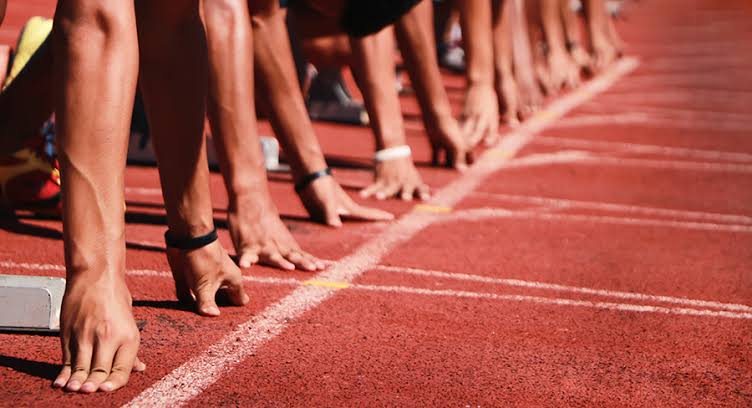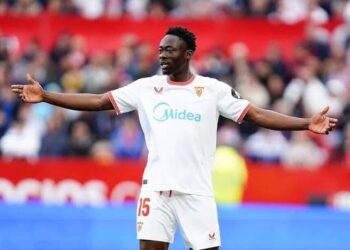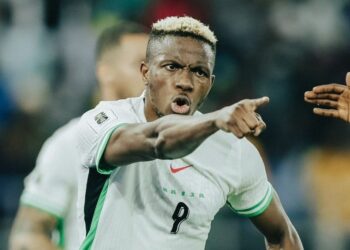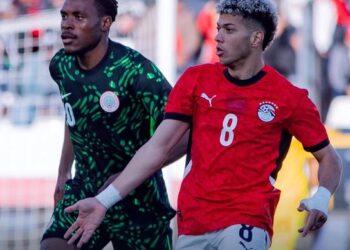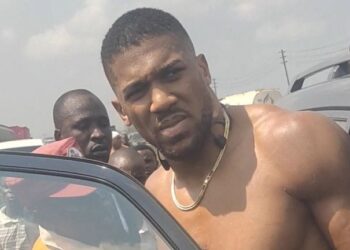The National Sports Commission (NSC) has responded to recent criticism over its selection process for the $20,000 athlete training grants. Critics claimed that the Elite Development and Podium Board, led by Yusuf Ali, made the selections without consulting the relevant sports federations. This controversy follows the NSC’s efforts to strengthen Team Nigeria for the 2026 Commonwealth Games in Glasgow and the 2028 Olympics in Los Angeles.
Israel Inwang, Secretary General of the Athletics Federation of Nigeria (AFN), dismissed claims that the Elite Development and Podium Board acted unilaterally in selecting the beneficiaries. He confirmed that the board followed established protocols in choosing 78 athletes, including 38 from track and field. These athletes will receive grants to prepare for international competitions. However, some stakeholders questioned the list’s accuracy, arguing that Nigeria does not have 38 active professional athletes in track and field eligible for the grants. Critics also suggested that the list was overstated, with fewer than 20 athletes meeting the criteria.
Some also claimed that the process lacked transparency. They argued that certain athletes were favored without the proper input from the federations. One stakeholder remarked, “Yusuf Ali’s committee is not the AFN. He cannot select elite athletes without consulting the Federation. We don’t have more than 10 athletes who are top-ranked to be called elite.”
NSC Justifies the Selection Process
In response to the criticism, Yusuf Ali defended the board’s decision-making. He explained that they based selections on athletes’ performance, competition history, and age. Ali met with technical directors and coaches from various federations to ensure the athletes were qualified. He also removed athletes who were too old or lacked recent competition experience. For example, he excluded athletes over 30 years old who would be too old for the 2028 Olympics.
Ali also clarified that the grants were divided into three categories: A, B, and C. He said the NSC had already started distributing the grants, and many athletes were excited about the financial support. Ali added that the NSC would not be deterred by those trying to derail the process. “We don’t need to wait for competition time to issue training grants. Some people may want to disrupt this, but we won’t let them succeed,” he said.
The NSC’s efforts also include sending athletes like Tobi Amusan and Favour Ofili to the 2025 World Athletics Relays in China. Nigeria will compete in the 4x100m and 4x400m relays, as well as the mixed relays. However, the 4x400m relay team will not compete in the event in Guangzhou, China, on May 10-11, 2025.
Despite the criticism, the NSC remains committed to improving Nigeria’s sports programs. The ongoing debate highlights the complexities of sports governance and the challenge of ensuring fairness while preparing the country for future international competitions.


